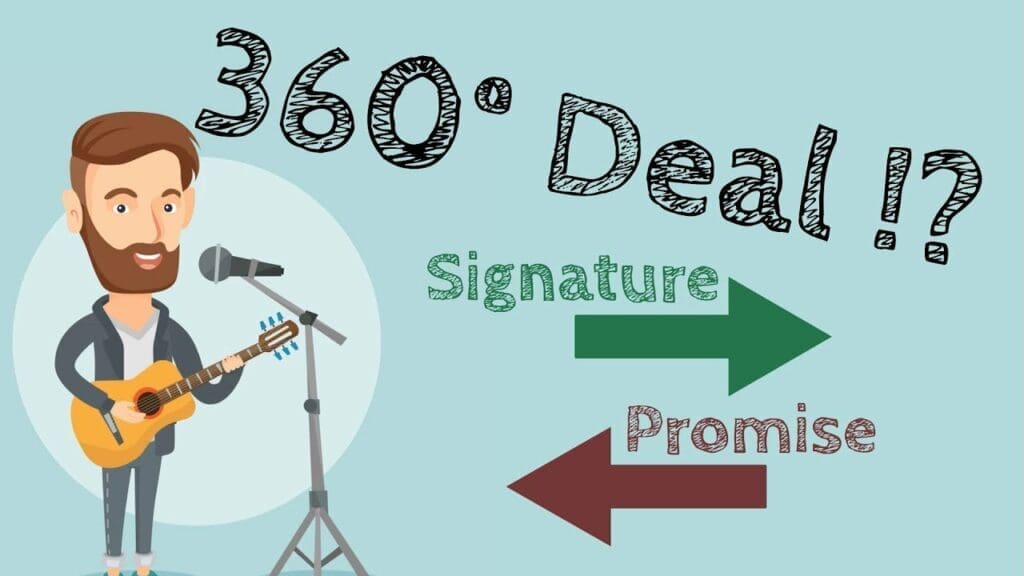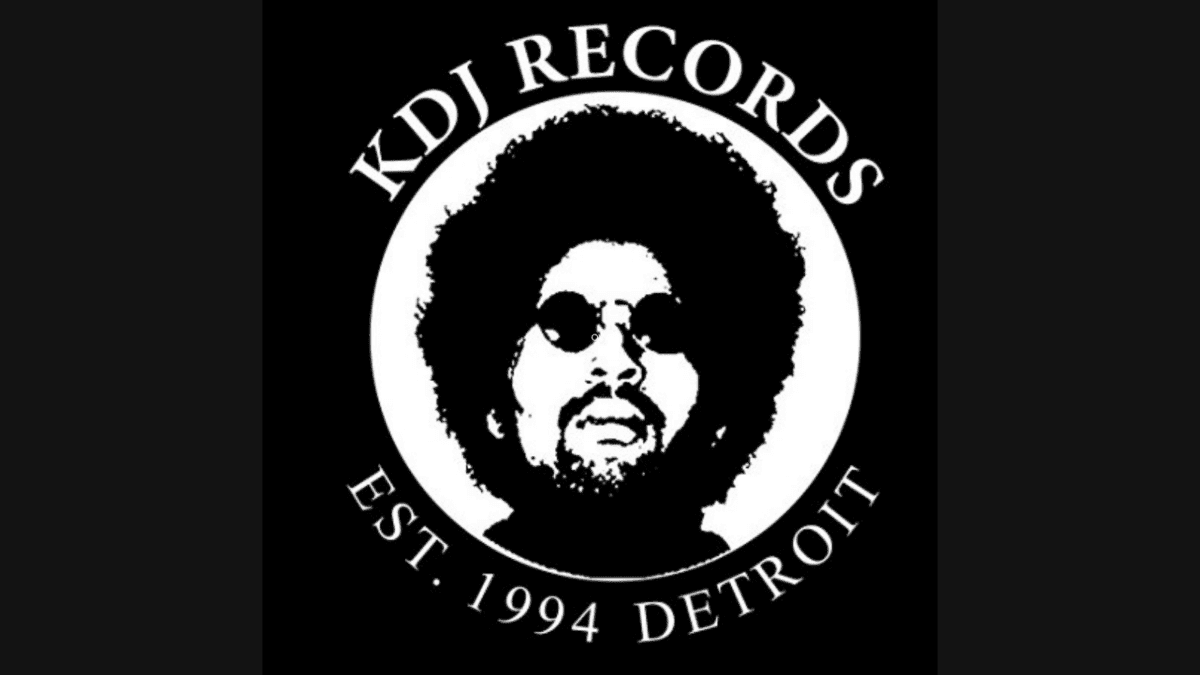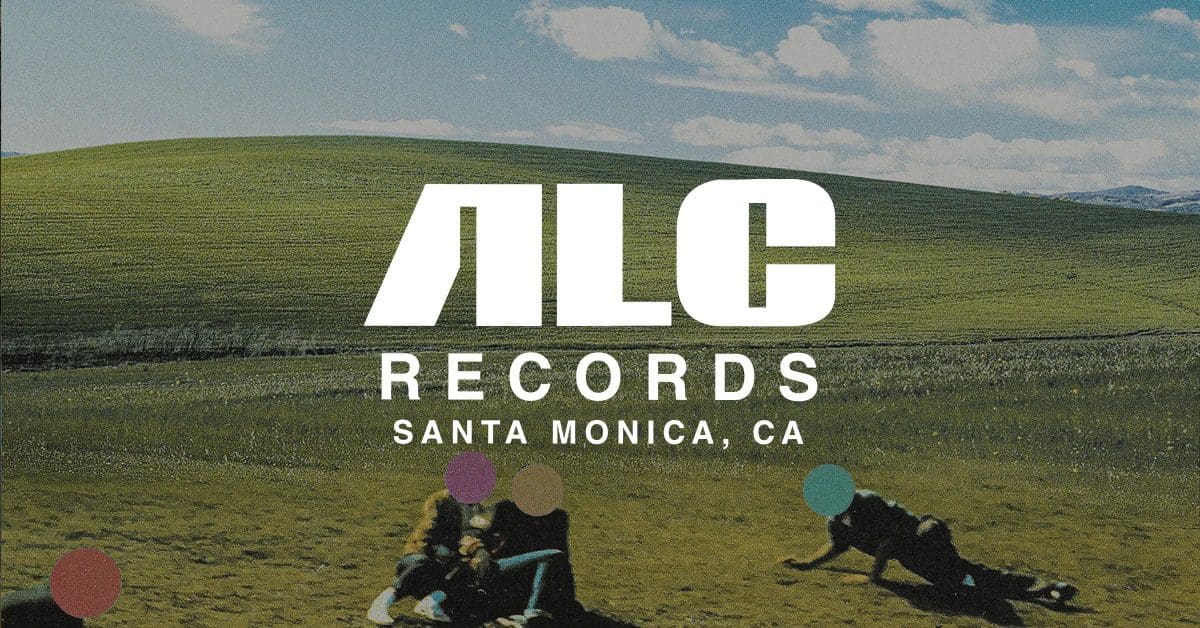A 360 deal is an agreement between an artist and a record label that gives the label control over multiple aspects of an artist’s career. It is an increasingly popular form of contract that is used by the music industry to maximize the potential of an artist’s success.
This article will discuss what a 360 deal is, how it works, and the advantages and disadvantages of this type of contract.
What is a 360 deal?
A 360 deal, which is what it’s known as in the music industry, is a contract between an artist and a record label that goes beyond traditional music sales. In addition to taking a share of the artist’s profits from their music, the label also takes percentages of revenue from other sources such as concerts, merchandise, television appearances, and publishing. This comprehensive approach to recouping their investments in launching an artist’s career has earned this type of agreement its nickname – “360 deal”.
At first, this may seem like a bad deal, but it can actually be beneficial if done carefully. Record labels often invest a great deal of money into studio time, music videos, wardrobe and makeup, public appearances and more. Although this may not immediately result in profits from record sales alone, the label is essentially taking a chance on an artist’s success and increasing their chances of winning by profiting from other sources besides music.
How did this deal happen?
A 360 deal is a type of music industry contract between an artist and a record label. It is so named because it covers all aspects of the artist’s career, including merchandise, touring, and other activities. The record label typically takes a percentage of all revenue generated from these activities, in addition to the revenue from record sales.
The 360 deal first came into existence in the early 2000s, as the music industry was shifting away from physical music sales and towards digital streaming. Record labels were looking for new ways to make money and saw the potential in taking a percentage of an artist’s other revenue streams.
The 360 deal has become increasingly common in the music industry, as record labels look to capitalize on the growing popularity of streaming services. However, some artists have been critical of the deal, arguing that it takes away their autonomy and leaves them with little control over their careers.
Is a 360 deal good for an artist?
A 360 deal can be a great option for an artist who is just starting out and needs more support and resources to help them reach their goals. With a 360 deal, the artist gets access to the label’s resources, such as marketing, promotion, and distribution, as well as a larger share of the royalties from their music. This can be especially beneficial for independent artists who don’t have the resources or budget to invest in their own music careers.
A 360 deal may not be a good option for an artist if they are not comfortable with the amount of control they are giving up to the label. Artists should make sure they are comfortable with the terms of the agreement and that they understand exactly what rights and responsibilities they are giving up. Additionally, if the artist has already established a successful career without a label, it may not be worth it to sign a 360 deal.
Useful tips
If you are a newly established artist and have been given a 360 deal, it is essential to ensure that you still make money despite the deductions. To do this, it is important to be aware of your rights and negotiate for the best terms possible. Additionally, staying organized with finances and keeping track of all expenses will help keep your profits intact.
Hire a lawyer
If you are in the process of engaging in serious contract negotiations, it is highly advisable to hire a lawyer who is knowledgeable about the industry. This lawyer will be able to act as your advocate and ensure that you get the best terms possible, especially if you are already generating income. Furthermore, this can help maximize the artist’s benefit from the deal.
Look for exemptions
When filing your taxes, you are given a tax bill and can check off boxes for exemptions to reduce the amount of money owed. This same concept can be applied to 360 deals; if a record label has no involvement in any other business ventures you may have, they should not be entitled to any of the profits made from said business. Therefore, if a contract includes blanket terms that could lead to an artist giving away part of their income, it is best not to sign it.
Define your splits clearly
It is essential to ensure that all the divisions of profits are properly outlined in writing. For instance, if a label wishes to have 50% of performance revenue and 20% from merchandise and endorsements, it is important to be precise with the details (this is where your lawyer can be very helpful).
You should not be afraid to negotiate for more beneficial terms in exchange for the label’s cut. For example, you could ask that if they want 50% of performance revenue, they should pay for room and board throughout the tour. Additionally, if they want a cut of merchandise sales, suggest that they have a stake in making the merchandise.
Summary
Ultimately, a 360 deal is a potentially beneficial arrangement for both the artist and the label. It encourages the label to invest in the artist’s career, and it allows the artist to benefit from the label’s resources and promotional efforts. However, it is important for the artist to carefully consider the risks and rewards of such an agreement before signing on the dotted line.













